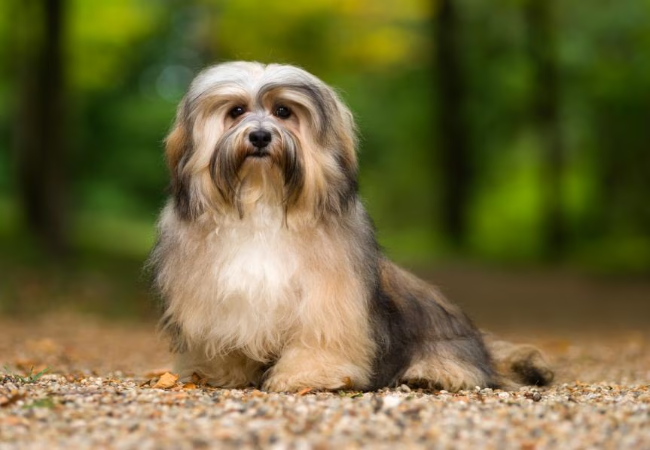Havanese 2025 Guide: Temperament, Care & Training 🐶

In this article
Havanese 2025 Guide: Temperament, Care & Training 🐶
By Dr. Duncan Houston BVSc
The Havanese is a cheerful, cuddly toy breed with a silky coat and a heart full of affection. As the national dog of Cuba, this little pup is known for being both social and smart—making it a favorite among families and apartment dwellers alike. In this 2025 breed guide, you'll discover everything you need to know to care for and train your Havanese. 🐾
📜 Breed Origins
The Havanese originated in Cuba from Bichon-type dogs brought by Spanish settlers. Bred as companion dogs for aristocrats, they became known for their charm and adaptability. Today, they're loved worldwide for their cheerful demeanor and hypoallergenic coat. 🇨🇺
🧠 Temperament & Personality
Small in size but big in personality, Havanese are:
- Affectionate: Deeply devoted and thrives on attention
- Playful: Loves games, tricks, and interactive toys
- Social: Friendly with strangers, children, and other pets
- Smart: Fast learners with a gentle, trainable attitude
🏡 Ideal Home Environment
Havanese dogs adapt beautifully to various settings:
- Perfect for apartment living or small homes
- Families with children or other pets
- Great choice for seniors or first-time dog owners
They require daily companionship and dislike being alone too long. 🏡
✂️ Coat Type & Grooming
The Havanese has a soft, flowing double coat that requires upkeep:
- Brushing: Daily to prevent mats and tangles
- Bathing: Every 3–4 weeks with a gentle shampoo
- Trimming: Professional grooming every 6–8 weeks
- Ear/Nail Care: Clean ears weekly; trim nails monthly
🏃♂️ Exercise & Enrichment
Though small, Havanese are energetic and need daily stimulation:
- 30–45 minutes of walking and play per day
- Interactive toys and short training sessions
- Agility, trick training, or hide-and-seek games
Without attention, they may bark or become clingy. 🧠
🍗 Nutrition & Feeding
Feed a small-breed formula that supports digestion and coat quality:
- Animal protein like turkey, lamb, or fish
- Omega-3s for coat and skin health
- Fiber and probiotics for gut support
Split meals into two daily servings. Customize nutrition with Ask A Vet. 🍽️
🩺 Common Health Concerns
This breed is long-lived (14–16 years) but may face:
- Dental Disease: Small mouths need daily brushing
- Luxating Patella: Monitor for skipping or lameness
- Allergies: Food or environmental triggers possible
Stay ahead of issues with regular checkups via Ask A Vet. 🩺
🎓 Training & Socialization
Havanese are eager learners but respond best to gentle training:
- Start socialization and obedience at 8–10 weeks
- Use food rewards, praise, and consistency
- Practice crate and potty training early for success
🧘♂️ Emotional Needs
This breed forms strong attachments and thrives on interaction:
- They love routine, cuddles, and inclusion in daily life
- May develop separation anxiety if ignored
- Interactive toys and puzzles help during absences
Behavior concerns? Start a consult via Ask A Vet. 🧠
🏁 Final Thoughts: Is the Havanese Right for You?
If you’re seeking a cheerful, low-shedding, and highly affectionate companion who fits nearly every home and lifestyle, the Havanese may be your ideal match. With proper grooming and companionship, they offer a lifetime of joy. ❤️
Need help building a care plan for your Havanese? Start a consult at Ask A Vet today!






